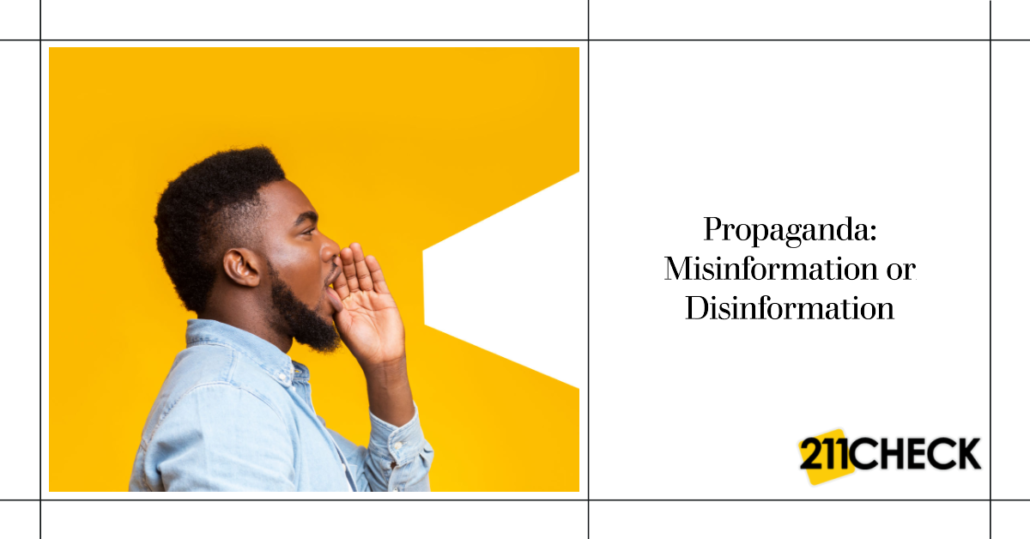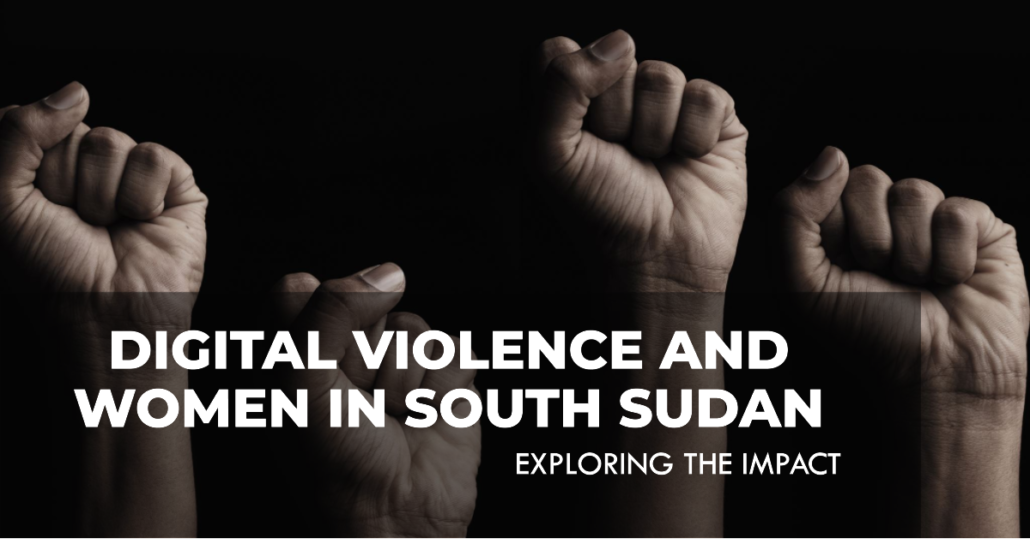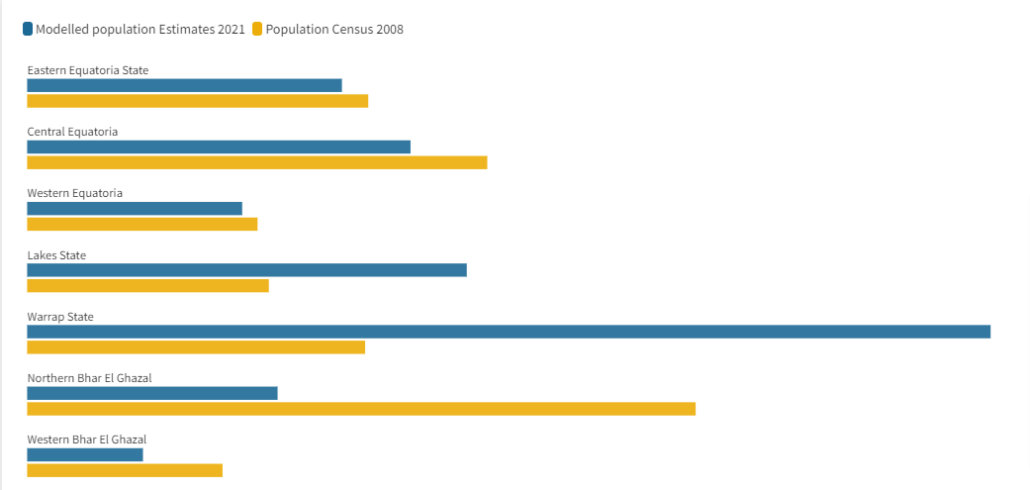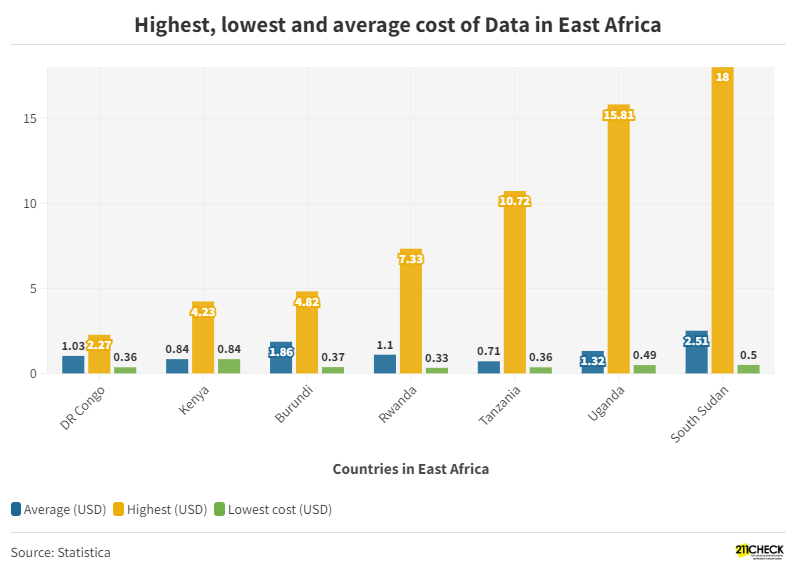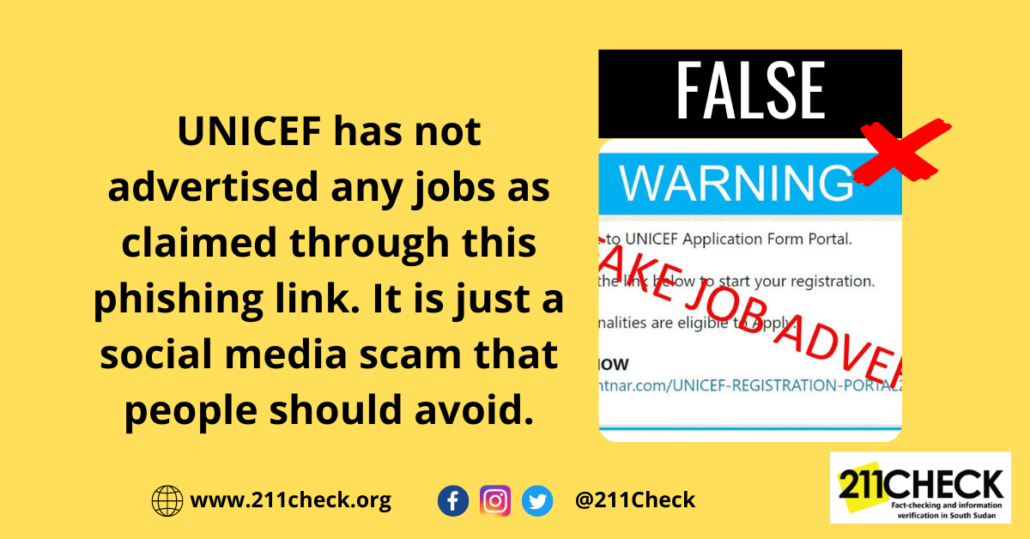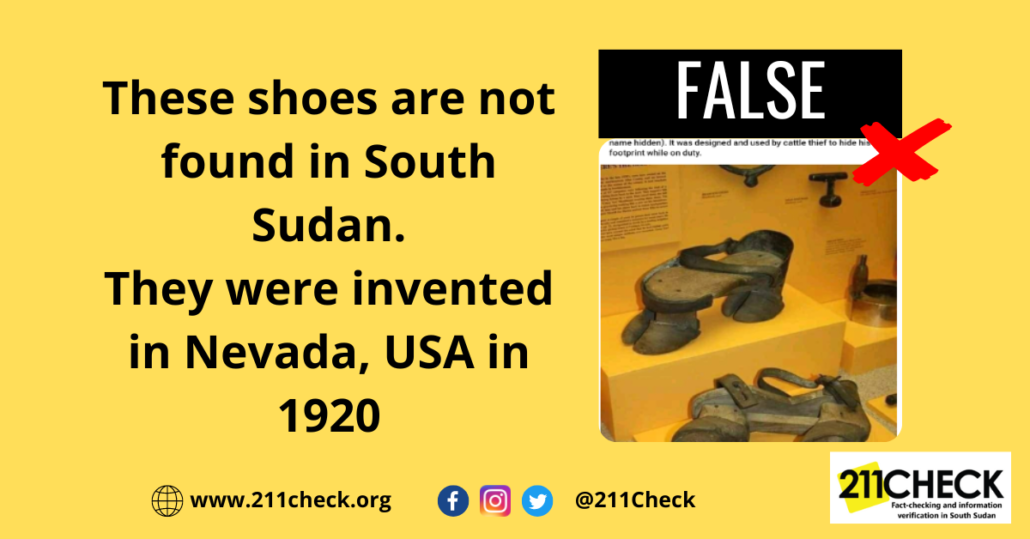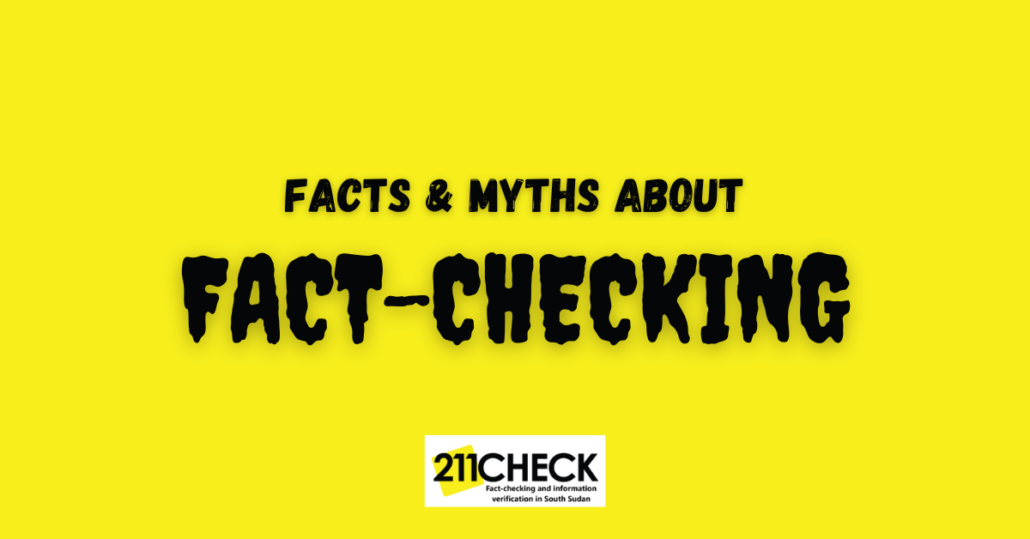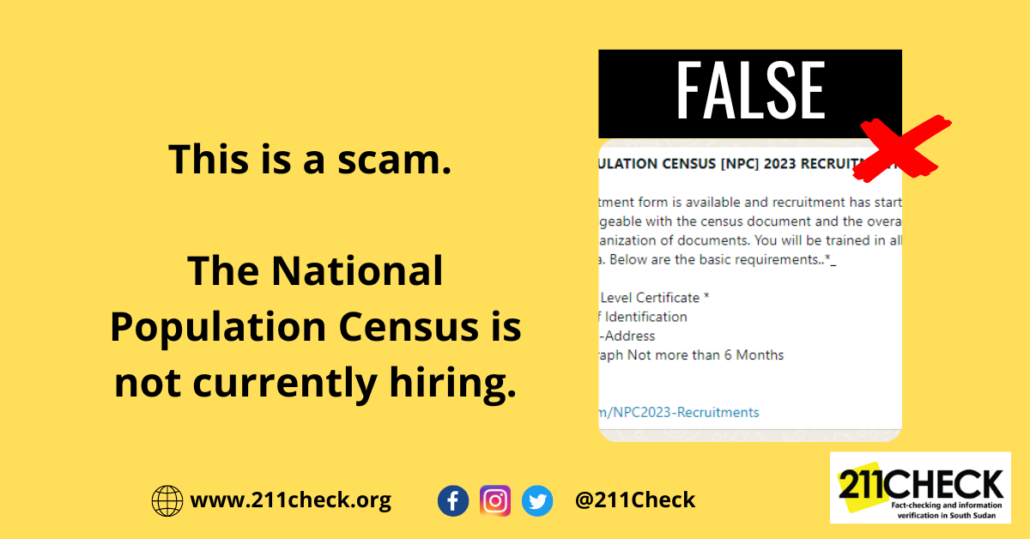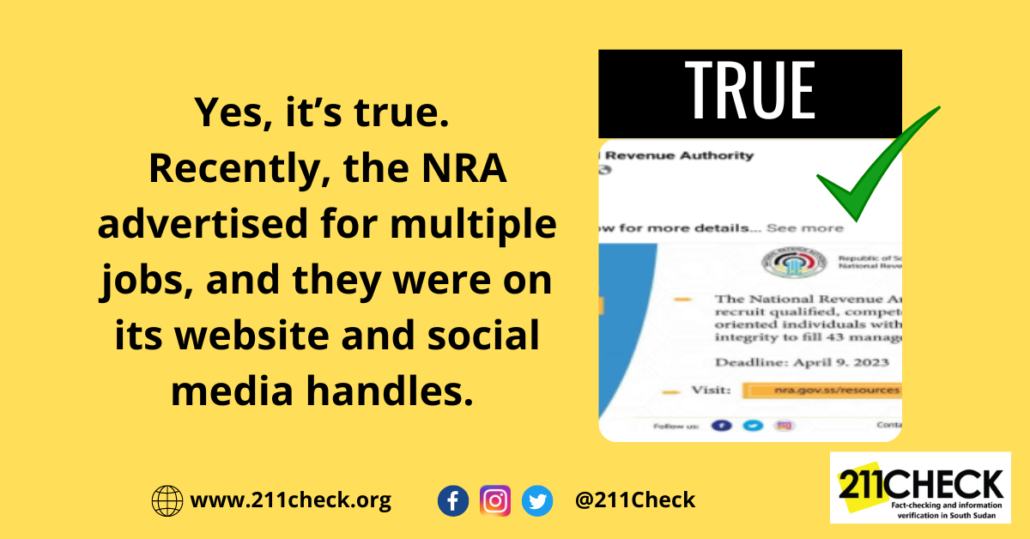Explainer: Propaganda, misinformation or disinformation; what are they?
Analysts generally agree that disinformation is always purposeful and not necessarily composed of lies or fabrications. It can be composed of primarily true facts, stripped of context or blended with falsehoods to support the intended message, and is always part of a larger plan or agenda.
Writer: Jibi Moses
Propaganda is disseminating information—facts, arguments, rumours, half-truths, or lies—to influence public opinion.
Propaganda is the more or less systematic effort to manipulate other people’s beliefs, attitudes, or actions using symbols (words, gestures, banners, monuments, music, clothing, insignia, hairstyles, designs on coins and postage stamps, and so forth). Deliberateness and a heavy emphasis on manipulation distinguish propaganda from casual conversation or the free and easy exchange of ideas. Propagandists have a specific goal or set of goals. To achieve these, they deliberately select facts, arguments, and displays of symbols and present them in ways they think will have the most effect. To maximise effect, they may omit or distort pertinent facts or lie, and they may try to divert the attention of the reactors (the people they are trying to sway) from everything but their own propaganda.
Comparatively deliberate selectivity and manipulation also distinguish propaganda from Education. Educators try to present various sides of an issue—the grounds for doubting, the grounds for believing their statements, and the disadvantages and advantages of every conceivable course of action. Education aims to induce reactors to collect and evaluate evidence for themselves and assists them in learning the techniques for doing so. It must be noted, however, that some propagandists may look upon themselves as educators and may believe that they are uttering the purest truth, that they are emphasising or distorting certain aspects of the truth only to make a valid message more persuasive, or that the courses of action that they recommend are the best actions that the reactor could take. By the same token, the reactor who regards the propagandist’s message as self-evident truth may think of it as educational; this often seems to be the case with “true believers”—dogmatic reactors to dogmatic religious, social, or political propaganda. “Education” for one person may be “propaganda” for another.
Propaganda and related concepts
Connotations of the term propaganda
The word propaganda itself, as used in recent centuries, apparently derives from the title and work of the Congregatio de Propaganda Fide (Congregation for Propagation of the Faith), an organisation of Roman Catholic cardinals founded in 1622 to carry on missionary work. To many Roman Catholics, the word may have a highly respectable connotation, at least in missionary or ecclesiastical terms. But even to these persons, and indeed, to many others, the term is often a pejorative one tending to connote such things as the discredited atrocity stories and deceptively stated war aims of World Wars I and II, the operations of the Nazis’ Ministry of Public Enlightenment and Propaganda, and the broken campaign promises of a thousand politicians. Also, it is reminiscent of countless instances of false and misleading advertising (especially in countries using Latin languages, in which propaganda commercials or some equivalent is a common term for commercial advertising).
Alfred M. Lee and Elizabeth B. Lee classified the Propaganda devices into seven major categories: name-calling, Glittering generalities, transfer, testimonial, Plain-folk, Card-stacking and Bandwagon.
Misinformation is false or inaccurate information. Examples include rumours, insults and pranks. Disinformation is deliberate and includes malicious content such as hoaxes, spear phishing and propaganda. It spreads fear and suspicion among the population. The following are the categories of misinformation and disinformation: Fabricated Content: Completely false content; Manipulated Content: Genuine information or imagery that has been distorted like a sensational headline or populist ‘clickbait’; Imposter Content: Impersonation of genuine sources, e.g. using the branding of an established agency; Misleading Content: Misleading information, like a comment presented as fact; False Context: Factually accurate content combined with false contextual information, e.g. when the headline of an article does not reflect the content; Satire and Parody: Humorous but false stores passed off as true. There is no intention to harm, but readers may be fooled; False Connections: When headlines, visuals or captions do not support the content; Sponsored Content: Advertising or PR disguised as editorial content; Propaganda: Content used to manage attitudes, values and knowledge; and Error: A mistake made by established new agencies in their reporting.
The rise of Artificial Intelligence (AI) has also given birth to new forms of misinformation and disinformation. We call this Synthetic Media to indicate the artificial production, manipulation and modification of data and multimedia by automated means, especially AI algorithms, to mislead or change the original meaning. There are fears that synthetic media could supercharge fake news, spread misinformation and distrust of reality and automate creative jobs. ‘Deep Fakes’ are one type of synthetic media where a person in an existing image or video is replaced with someone else’s likeness. While faking content is not new, deep fakes use powerful techniques from machine learning and AI to manipulate or generate visual and audio content with a high potential to deceive. Deep Fakes have garnered widespread attention for their use in revenge porn, fake news, hoaxes and financial fraud. Industry and governments are concerned to detect and limit their use. Some countries already have a national response, or institutions are working on it. “Speech Synthesis” is another branch of synthetic media that can artificially produce human speech. A computer used for this purpose is called a “speech computer” or “speech synthesiser”. Synthesised speech concatenates pieces of recorded speech or incorporates a model of the vocal tract and other human voice characteristics to create a completely “synthetic” voice.
In addition to new and more sophisticated ways of manipulating content, there are also a growing number of ways in which Social Media can be used to manipulate conversations: A Sockpuppet is an online identity used to deceive. The term now extends to misleading uses of online identities to praise, defend or support a person or organisation; to manipulate public opinion; or to circumvent restrictions, suspension or an outright ban from a website. The difference between a pseudonym and a sockpuppet is that the sockpuppet poses as an independent third party, unaffiliated with the main account holder. Sock Puppets are unwelcome in many online communities and forums; Sealioning is a type of trolling or harassment where people are pursued with persistent requests for evidence or repeated questions. A pretence of civility and sincerity is maintained with these incessant, bad-faith invitations to debate; Astroturfing masks the sponsors of a message (e.g. political, religious, advertising or PR organisations) to make it appear as though it comes from grassroots participants. The practice aims to give organisations credibility by withholding information about their motives or financial connections; Catfishing is a form of fraud where a person creates a sockpuppet or fake identity to target a particular victim on Social Media. It is common for romance scams on dating websites. It may be done for financial gain, to compromise a victim or as a form of trolling or wish fulfilment.
Disinformation is a relatively new word. Most observers trace it back to the Russian word dezinformatsiya, which Soviet planners in the 1950s defined as “dissemination (in the press, on the radio, etc.) of false reports intended to mislead public opinion.” Others suggest that the earliest use of the term originated in 1930s Nazi Germany. In either case, it is much younger (and less commonly used) than ‘propaganda,’ which originated in the 1600s and generally connoted the selective use of information for political effect.
Whether and to what degree these terms overlap is subject to debate. Some define propaganda as using non-rational arguments to either advance or undermine a political ideal and use disinformation as an alternative name for undermining propaganda. Others consider them to be separate concepts altogether. One popular distinction holds that disinformation also describes politically motivated messaging designed explicitly to engender public cynicism, uncertainty, apathy, distrust, and paranoia, which disincentivise citizen engagement and mobilisation for social or political change. “Misinformation” generally refers to the inadvertent sharing of false information.
Analysts generally agree that disinformation is always purposeful and not necessarily composed of lies or fabrications. It can be composed of primarily true facts, stripped of context or blended with falsehoods to support the intended message, and is always part of a larger plan or agenda. In the Russian context, observers have described its use to pursue Moscow’s foreign policy goals through a “4D” offensive: dismiss an opponent’s claims or allegations, distort events to serve political purposes, distract from one’s own activities, and dismay those who might otherwise oppose one’s goals.
To ensure accuracy and transparency, we at 211 Check welcome corrections from our readers. If you spot an error in this article, please request a correction using this form. Our team will review your request and make the necessary corrections immediately, if any.

